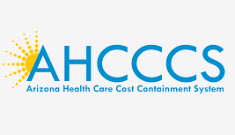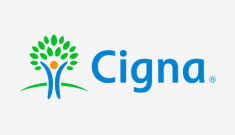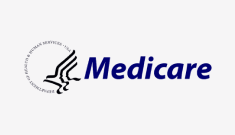We are safe, caring and committed to your recovery
You CAN get your life back
What is opioid dependency?
Opioid dependence with withdrawal is a dangerous and potentially deadly condition that requires long term drug abuse treatment and care. With a full commitment to the right drug addiction therapy, patients can expect a full recovery.
Opioid dependency is recognized as a chronic brain disorder that is caused by using opiate-based drugs such as fentanyl, OxyContin®, morphine, oxycodone, opium, heroin and others.
Opioid addiction can happen to anyone, regardless of whether they are taking prescribed medications or obtaining and using them illegally. Over time, people become physically dependent on these drugs as the body becomes accustomed to their presence.
What happens in the brain
Common signs and symptoms of opioid dependence
Behavioral Symptoms
- Withdrawal from friends and family members
- Unprovoked anger
- Association with a new peer group
- Dramatic change in appearance, including clothing, weight, and personal hygiene
- Lying about one’s whereabouts and engaging in other deceptive acts
- Unexplained absences from work
- Unexplained decline in performance at work
- Changes in financial status (suddenly having no money, asking to borrow or being suspected of stealing from friends, family members, or colleagues)
Physical Symptoms
- Impaired motor coordination
- Shallow breathing and slowed heart rate
- Itchiness
- Delayed reflexes or response times
- Apparent numbness to physical pain
- Unexplained rashes
Cognitive Symptoms
- Memory problems
- Lack of concentration or focus
- Excessive sleepiness
- Impaired problem-solving skills
- Poor spatial relations
- General confusion
- Obsession with acquiring and using drugs
- Inability to plan or follow through on plans
Psychosocial Symptoms
- Unpredictable mood swings, including a tendency to quickly become angry
- Panic and anxiety
- Episodes of depression
- Paranoia
Withdrawal Symptoms
- Cravings to use
- Nausea
- Cramping in the stomach
- Sweating
- Chills or goose bumps
- Vomiting
- Diarrhea
- Irritation or agitation
- Anxiety
- Muscle aches
- Shakes or trembling
- Insomnia
- Dilated pupils
- Bone pain
Opioid Dependency Treatment
- Suboxone (Buprenorphine-Naloxone)
- Sublocade (Buprenorphine injection)
- Naltrexone
- Vivitrol (Naltrexone long acting injection)
Getting treatment
Direct2Recovery uses clinically proven drug rehabilitation treatment methods that are carefully prescribed according to the patient’s individual needs. We will make a medical assessment based on your current health conditions and determine a course of treatment that will best address your dependency.
Thankfully, there is hope. We have over 10 years of experience that proves you can recover. Compassionate, comprehensive drug abuse treatment is available through Direct2Recovery. Call and make an appointment for your personal assessment today.
We accept most major insurances












